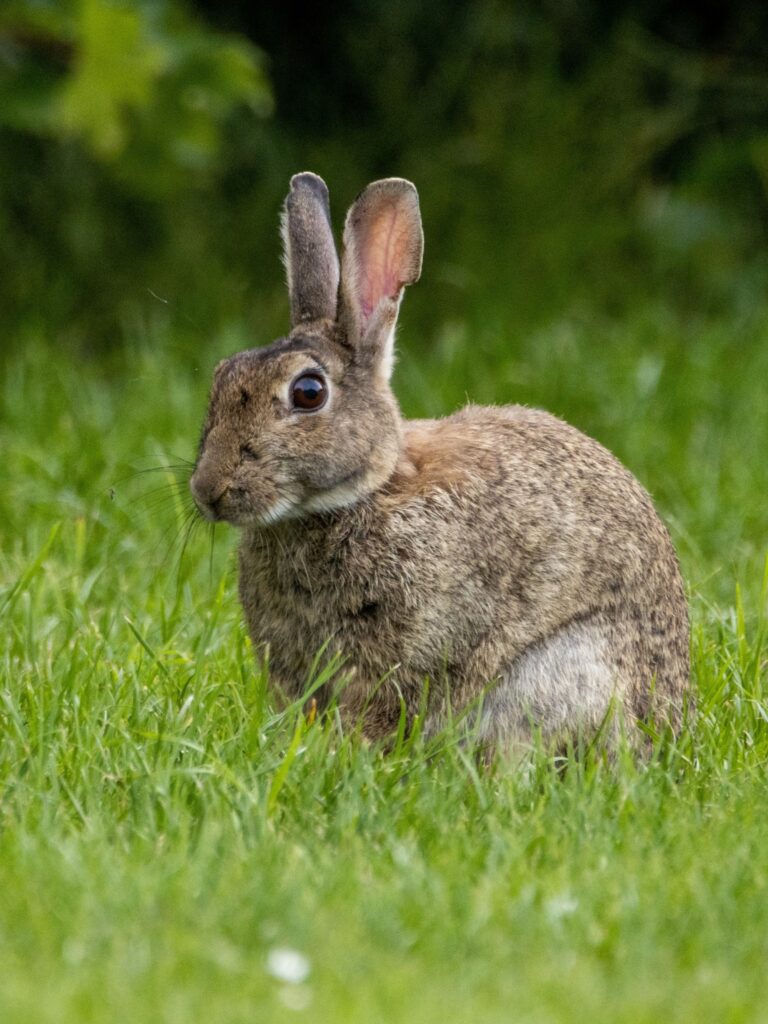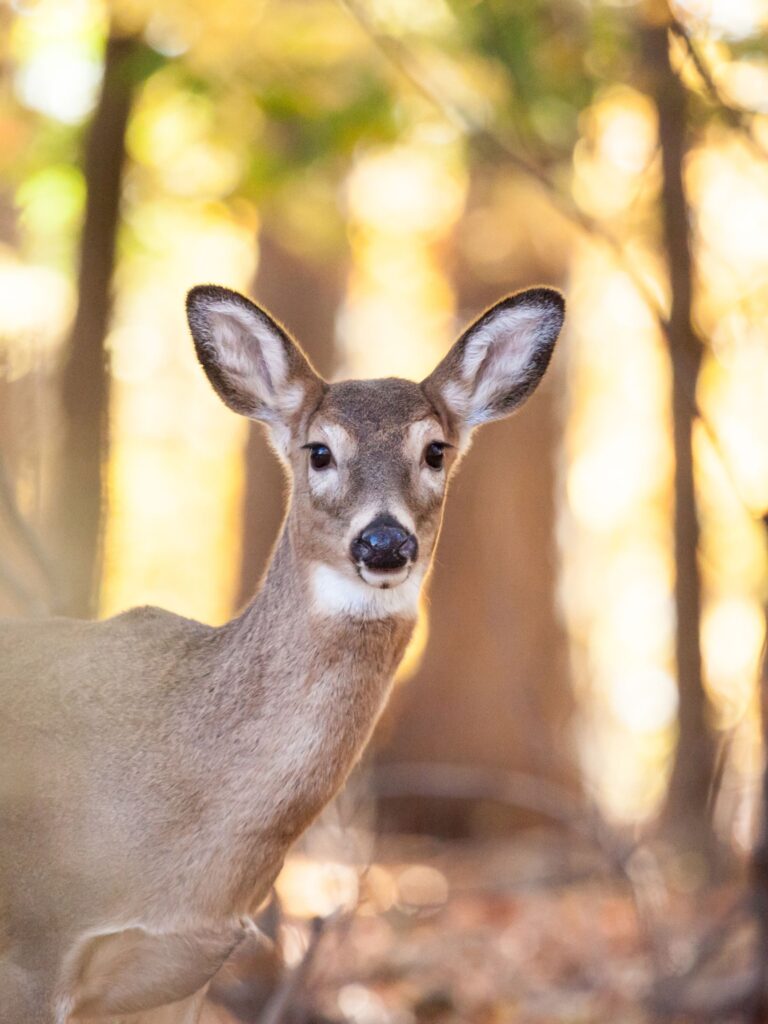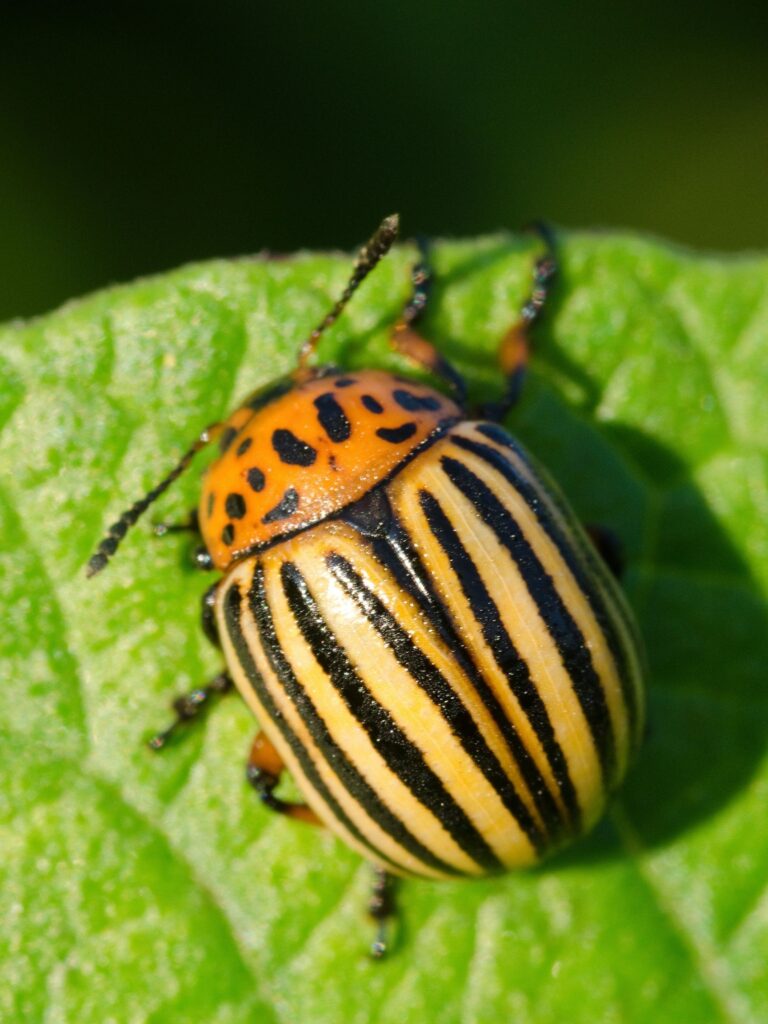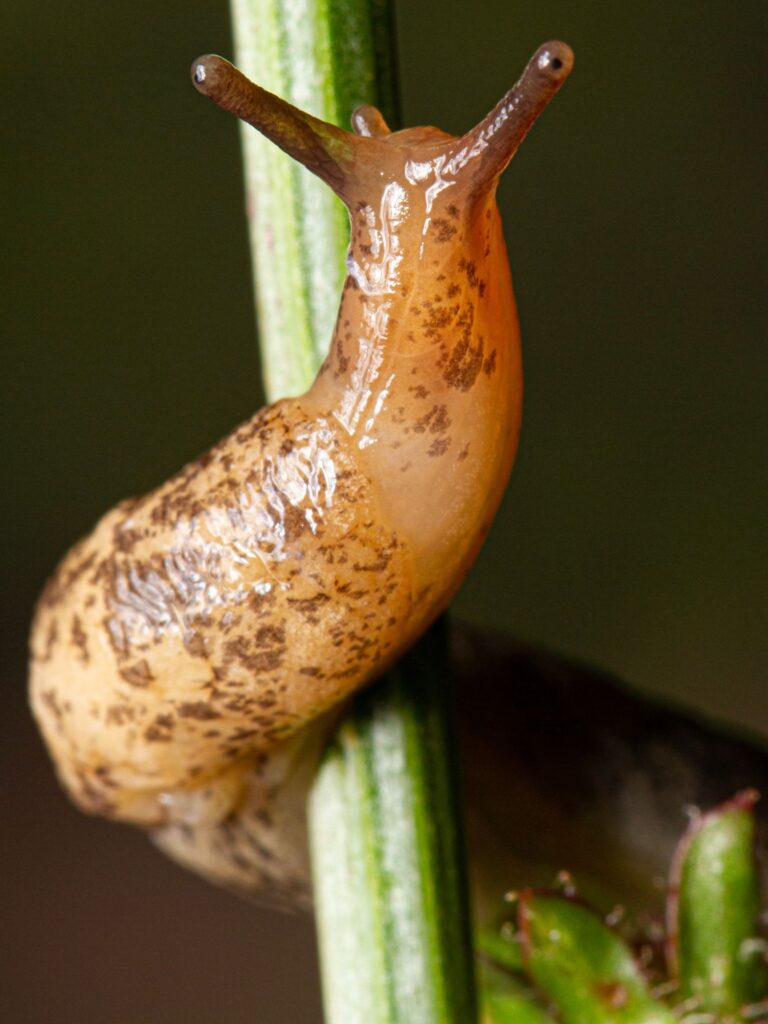What Animals Are Eating Your Tomato Plants at Night
Let’s find out what animals are eating your tomato plants at night in your home garden.

Tomato plants are a common plant for many backyard gardeners. There are different types of tomatoes that you can grow, but they will all attract garden pests!
Let’s keep your tomato plants alive this year. The first place we can start is to identify what animal is a common pest in your area.
The good news is that most pests have ways you can deter them. I will say, there are some times when the animal is just going to get into your garden, they are curious and may pick a tomato or two and then wander off (I’m talking to you squirrels!)
But they don’t do that much damage. What I found to be easier to do than putting up bird netting and creating a fortress around my garden was to simply plant one or two more tomato plants to make up the difference.
So you decide what pest you have and what measures you want to take!
Identifying your backyard tomato plant pest
In order to find the best way to save your tomato plants from pests is to try to figure out what animal is attacking your plant.
Then you will be able to figure out what you can do to organically remove the problem. I don’t believe in using pesticides so I will not be suggesting to use them in your garden.
There are two categories for what animals are eating your tomato plants at night. First I will go over mammals and then insects.
What mammals are eating your tomato plants
The animals I am going to suggest are active more during the early morning or late evening hours so it may appear that they eat at night. Some will actually nibble your plants at night.
Rabbits

Rabbits will be a common animal that is getting at your tomato plants. You will know it is a rabbit eating your tomato plants at night if the tomato leaves at ground level are being eaten.
Another sign is if there are bare stems that are left. Rabbits are neat eaters and make a clean cut when they are eating your plants.
PREVENTION: I have had great success using chicken wire to fence off around my entire garden. If rabbits are the only animal going after your tomato plants, this is a quick easy solution.
You can also make a more appealing fence that goes around your garden using wood.
NOTE: Make sure you don’t have any gaps in your fencing. Rabbits can somehow squeeze through our cattle panel fencing. Keep that in mind if you are trying to keep rabbits out.
There is also an electric rabbit fence, but I feel like that is a bit extreme.
Deer

You will know you have a deer problem if you see deer prints in you soil. Deer will also eat your tomato plant from the top of the plant down to the bottom while most of the other animals are small animals and will eat the plant near the bottom. They will sometimes eat the entire plant including the ripe tomatoes.
PREVENTION: Because deer are larger animals, they are a bit more difficult to keep out of the garden. There are some people who can get away with using motion-activated sprinklers or strong smelling deterrents.
They will spray the deterrents, using a spray bottle and spray things like predator urine around their garden. Those might be good ways for some, but I think that the best way would be to use deer fencing.
There are some cheap fencing and expensive options for deer fencing. A cheap option is to put T-posts around your garden and wind several rows of fishing line around the garden. The deer can’t see it, but they FEEL it, so it spooks them away.
Racoons

If you have a racoon problem you will see half eaten tomatoes and leaves that are eaten at ground level. If you aren’t sure if you have a rabbit or racoon problem try to see if you see prints.
A racoon’s prints are more like fingers than a rabbit. You can also ask your neighbors if they know if they see or hear about racoons in the area.
PREVENTION: Racoons will get over chicken wire for sure, and probably any fencing for that matter. They are avid climbers! You would probably need need bird netting and fencing on the sides.
You could also try spraying deterrents around your garden. Some people put up flashing lights as well. That being said, it is a lot of work doing some of those ideas and I don’t think a racoon does as much damage as a deer will. It might just be one of those situations where you plant an extra tomato plant to make up the difference
Voles

Voles are small rodents that usually attack the tomato plants at the soil level or below the soil level. I know they usually make vole tunnels and will often attack from below.
PREVENTION: If you know there are voles in your area, you could do raised beds with wire mesh on the bottom to prevent them from coming up and getting your plants. If you want, you can also garden using large pots to keep out bottom pests.
What insects are eating your tomato plants at night
Yes, insects are considered an animal. These are a few common insects and a few mollusks that might be nibbling at your tomato fruit at night.
I will give a few prevention ideas, but there is one way that might help with bugs in your garden in general and that is to attract local birds by using a bird feeder.
The birds will often times eat the insects that are getting at your fruit. The only risk is that the birds also eat at your other fruits and may be a pest you have during the day.
Again, you need to decided what your situation calls for.
Hornworms or tomato hornworms

These are very common pests across the United States. I have lived in Utah, Missouri, North Caroline and Virginia and have seen these worms in all of my gardens!
Honestly if I see large amounts of my tomato plants missing I will first assume one of these horn worms…They are voracious eaters!
Unless It is eaten top down like a deer would. It is a good idea to check your tomato plants for these worms somewhat regularly. Just as your strolling through your garden.
PREVENTION: Plant dill, marigolds or basil near you tomato plants to repel these worms and many other insects. The best thing you can do for these worms is simply look at your plant and find the worms.
They are pretty easy to find. Just look where the damage is and you may find one of these. Simply remove them and dispose of them.
Cut worm
I don’t know that I have experienced a cut worm but I have heard of people who have to deal with them. If you have a cut worm you will see plants cut around the bottom hence the name.
PREVENTION: A great option is to rake around your plant and put card board or egg shells around your plant to deter these worms from getting onto your tomato plants. Inspect your plants and
Colorado potato beetles

Usually you will see these beetles during the day too. I the nibble holes in the tomato plant leaves and leave somewhat jagged edges or bite marks.
PREVENTION: It is good practice to stroll through your garden regularly, for multiple reasons. One is the mental health benefit and enjoyment, but also to inspect for pests.
Any time I see little eggs on leaves of my tomato plants, I will remove them immediately. Sometimes the best way to prevent the spreading of bugs, is by removing them by hand and putting them in a bucket of soapy water.
I use a piece of duct tape and just stick it to the eggs to get them off too. Or I will pinch them off.
Snails/Slugs (not insects-mollusks)

These are pretty easy to identify because they leave a slimy trail behind them.
PREVENTION: Going out at night and finding them, removing them and putting them in soapy water. Again you can add egg shells around the base of your plant and that might deter them.
There are lots of different pests and different ways to prevent. Explore some of the options I have suggested above.
Sometimes you will find using a liquid fence is your best option or another common way to deter small mammals is by having a dog in your yard to scare off the mammals and protect your garden plants! Be patient with the process and good luck!
Other Gardening Tips!
This post contains affiliate links. That means I may earn a small commission at no extra cost to you. I only like to products I use and love.

